Introduction: Understanding Itchiness during Periods
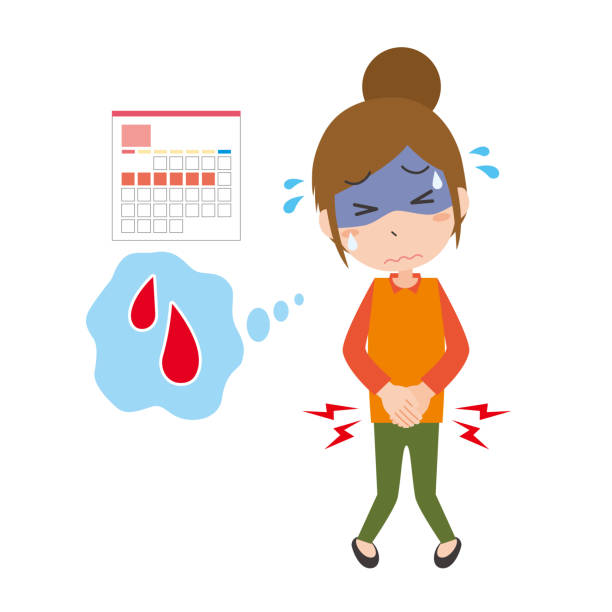
Experiencing itchiness during periods can be bothersome and uncomfortable for many women. Itchiness in the vaginal area or on the skin around the genitals is not uncommon during menstruation. While it can be caused by various factors, understanding the underlying causes and finding effective solutions is essential to unlock the secret to itch-free periods.
In this ultimate guide, we will explore the common causes of itchiness during periods, provide tips for relieving discomfort, suggest natural remedies, and discuss when it may be necessary to seek medical attention. By following these guidelines, you can regain your comfort and enjoy itch-free periods.
Common Causes of Itchiness during Periods
Itchiness during periods can occur due to several reasons. Here are several prevalent factors contributing to the issue:
a. Hormonal Changes and Imbalances

Hormonal fluctuations that happen during the menstrual cycle can affect the pH balance of the vagina and lead to itchiness. Increased levels of estrogen can result in yeast overgrowth, causing irritation and itchiness.
b. Poor Hygiene

Practices Insufficient hygiene practices during menstruation can contribute to itchiness. Failing to change sanitary pads or tampons regularly, not cleansing the genital area properly, or using harsh soaps can create an environment favorable for bacterial or fungal growth, leading to itchiness.
c. Allergic Reactions
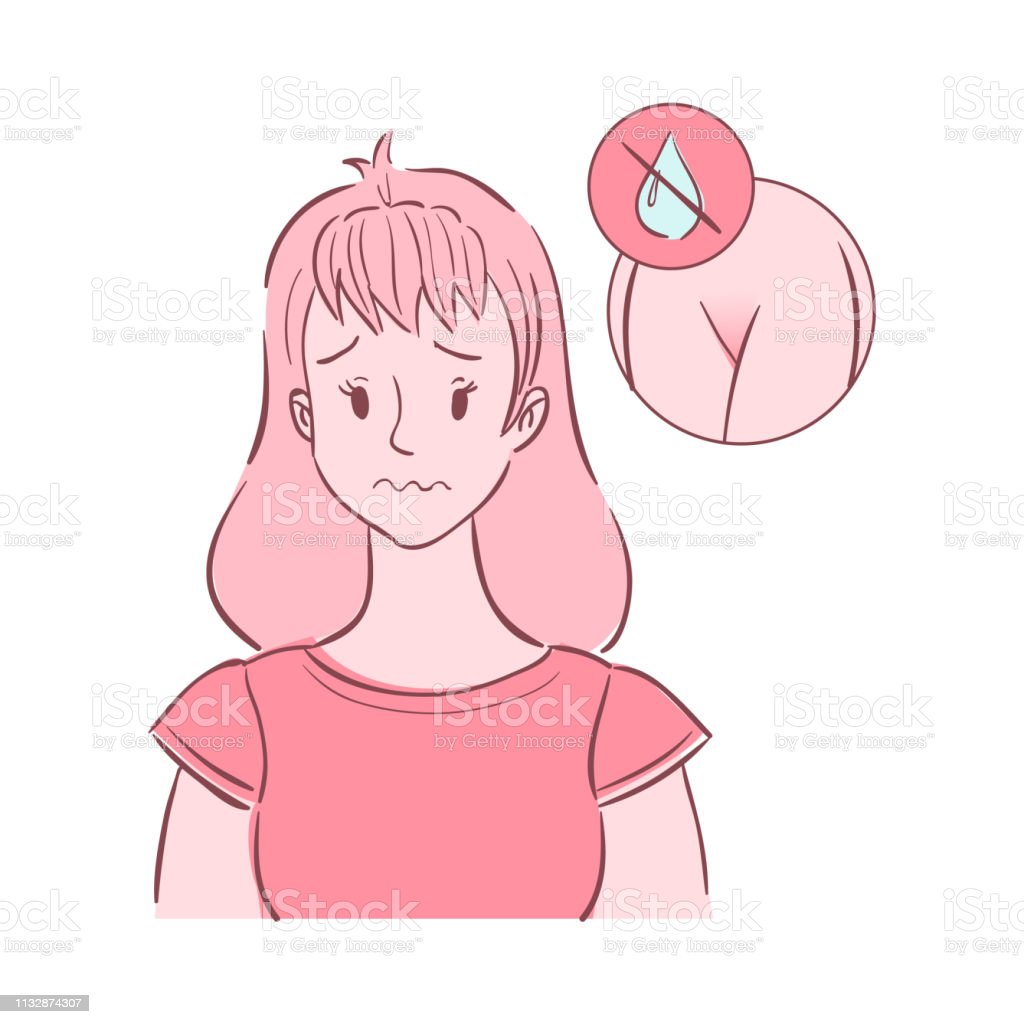
of lubrication. She experienced vaginal dryness, allergy .
Some women may experience allergic reactions to certain materials found in menstrual products, such as fragrances, latex, or specific fabrics. These allergic reactions can manifest as itchiness and discomfort.
d. Skin Sensitivity
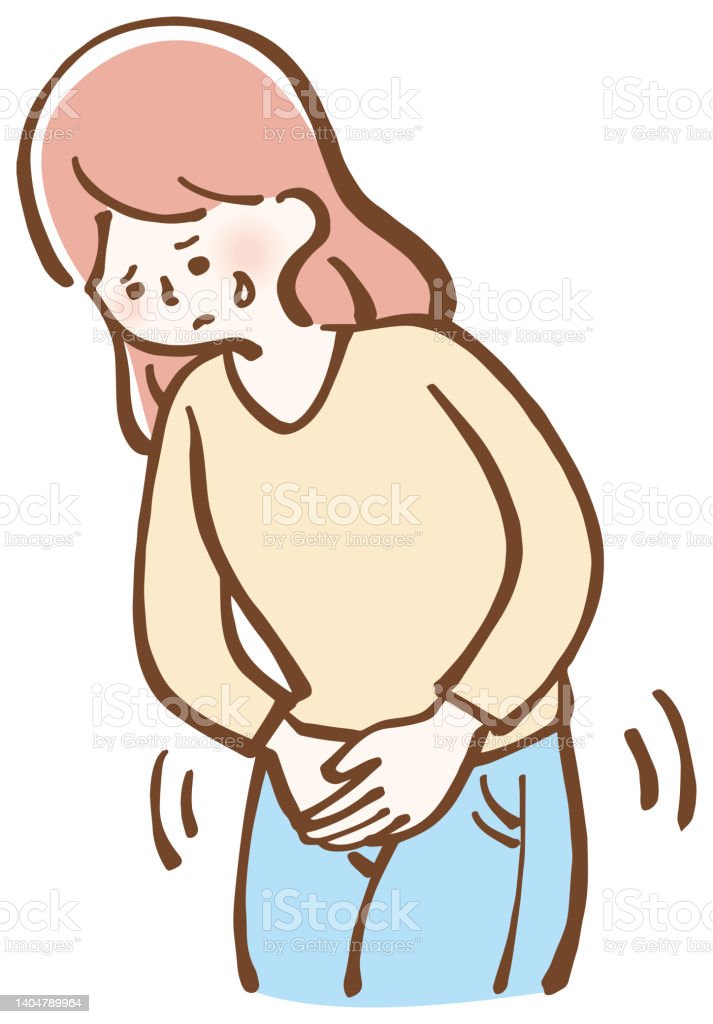
Individuals with sensitive skin may be more prone to itchiness during periods. The skin around the genital area can become irritated and itchy due to the friction caused by wearing certain types of menstrual products or tight-fitting clothing.
e. Menstrual Products
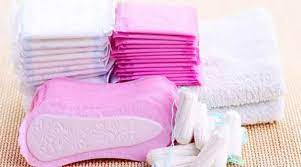
Certain menstrual products, such as scented pads or tampons, can contain chemicals and additives that may cause irritation and itchiness. Additionally, using products that are not breathable or changing them less frequently can exacerbate the issue.
Tips for Relieving Itchiness during Periods
To alleviate itchiness during periods, it is important to adopt healthy practices and make mindful choices. Here are some helpful tips:
a. Maintain Proper Hygiene
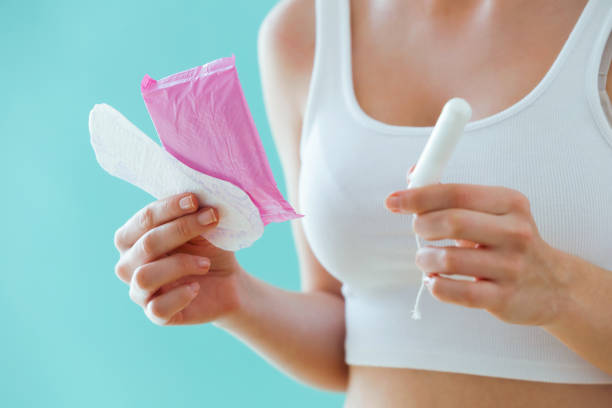
Maintaining good hygiene practices during menstruation is crucial. Change your sanitary pads or tampons frequently, ideally every four to six hours, to prevent bacterial or fungal overgrowth. Cleanse the genital area gently with mild, fragrance-free soap and warm water. Avoid using harsh soaps or douches that can disrupt the natural pH balance.
b. Choose the Right Menstrual Products
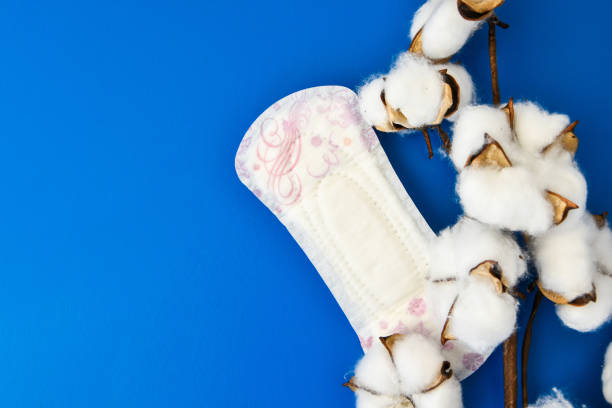
Option for menstrual products that suit your body and lifestyle. Consider using organic cotton pads or tampons without added fragrances or chemicals. Alternatively, menstrual cups or period panties may be suitable options for those with sensitivities. Choose products that are comfortable, breathable, and promote good airflow to minimize the risk of itchiness.
c. Use Hypoallergenic Products

If you have a known sensitivity or allergy, select hypoallergenic menstrual products. These products are designed to minimize the risk of irritation and itchiness. Look for labels indicating that the products are hypoallergenic, fragrance-free, and dermatologist-tested.
d. Avoid Irritants
Avoid using scented soaps, lotions, or other products that can contain potential irritants.
These substances may disrupt the natural balance of the vaginal area and contribute to itchiness.
Instead, opt for mild, unscented products to reduce the risk of irritation.
e. Stay Hydrated

Drinking an adequate amount of water during your menstrual cycle helps maintain overall vaginal health. Staying hydrated supports the body’s natural lubrication and can reduce itchiness.
Natural Remedies for Itchiness during Periods
In addition to the tips mentioned above, several natural remedies may help relieve itchiness during periods. These remedies are gentle and can be tried at home. Here are a few suggestions:
a. Warm Compress

Applying a warm compress to the genital area can help soothe itchiness and provide relief. Use a clean cloth soaked in warm water and apply it to the affected area for 10-15 minutes. Repeat this as needed to alleviate discomfort.
b. Aloe Vera Gel
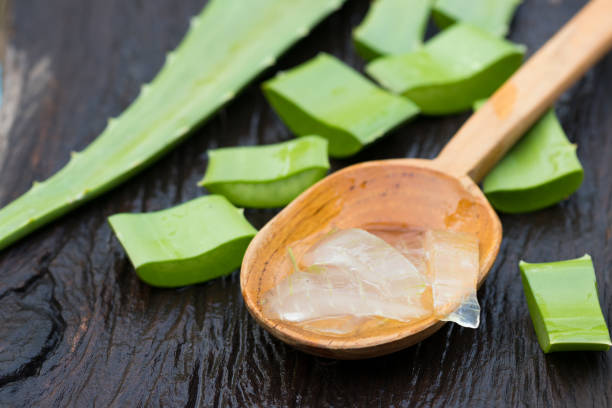
The cooling and calming qualities of aloe vera gel are widely recognized. Apply a small amount of pure aloe vera gel to the itchy area for relief. Ensure that the gel does not contain added fragrances or chemicals that may cause further irritation.
c. Tea Tree Oil

Tea tree oil possesses natural antifungal and antibacterial properties. Dilute a few drops of tea tree oil with a carrier oil, such as coconut oil or olive oil, and apply it to the itchy area. However, it is important to note that tea tree oil can be strong, so patch testing and proper dilution are crucial.
e. Witch Hazel
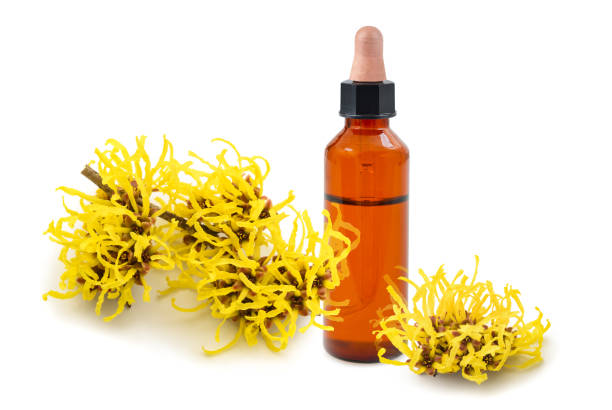
Embrace the soothing properties of witch hazel, a natural astringent that works wonders in calming itchiness and reducing inflammation. Your skin will thank you! Soak a cotton ball in witch hazel and gently apply it to the affected area. Avoid using witch hazel internally.
f. Chamomile Tea

Chamomile tea has calming and anti-inflammatory properties. Brew a cup of chamomile tea, allow it to cool, and use it as a gentle wash for the genital area. Alternatively, you can soak a clean cloth in the tea and apply it as a compress.
When to Seek Medical Attention
While itchiness during periods is often manageable with self-care measures and natural remedies, there are instances when it is important to seek medical attention. Consider consulting a healthcare professional if: The itchiness persists or worsens despite trying home remedies.
You experience additional symptoms such as abnormal discharge, foul odor, or pain.
You suspect a possible infection or underlying condition.
A healthcare provider can evaluate your symptoms, provide an accurate diagnosis, and recommend appropriate treatment options.
FAQs
Q1: Can wearing tight clothing contribute to itchiness during periods?
A: Yes, tight clothing can trap moisture and heat, leading to irritation and itchiness. Opt for loose, breathable clothing during your period.
Q2: Can stress worsen itchiness during menstruation?
A: Yes, stress can exacerbate itchiness. Practice stress-reducing activities like yoga, meditation, or deep breathing exercises to manage stress levels.
Q3: Are there any specific home remedies for itchiness during periods?
A: Yes, applying a cold compress, using aloe vera gel, or taking sitz baths can provide relief from itchiness. However, consult a healthcare professional if symptoms persist.
Conclusion
Itchiness during periods can be uncomfortable, but by understanding the common causes and implementing appropriate measures, you can unlock the secret to itch-free periods. Maintaining proper hygiene, choosing the right menstrual products, using hypoallergenic products, avoiding irritants, and incorporating natural remedies can help alleviate itchiness and promote overall vaginal health. Remember to consult a healthcare professional if the itchiness persists or is accompanied by additional symptoms. By prioritizing your well-being and adopting healthy practices, you can enjoy itch-free periods and enhance your overall menstrual experience.

Article will definitely help us to ichhe free periods.Thanks…!
welcome and thank you for comment.